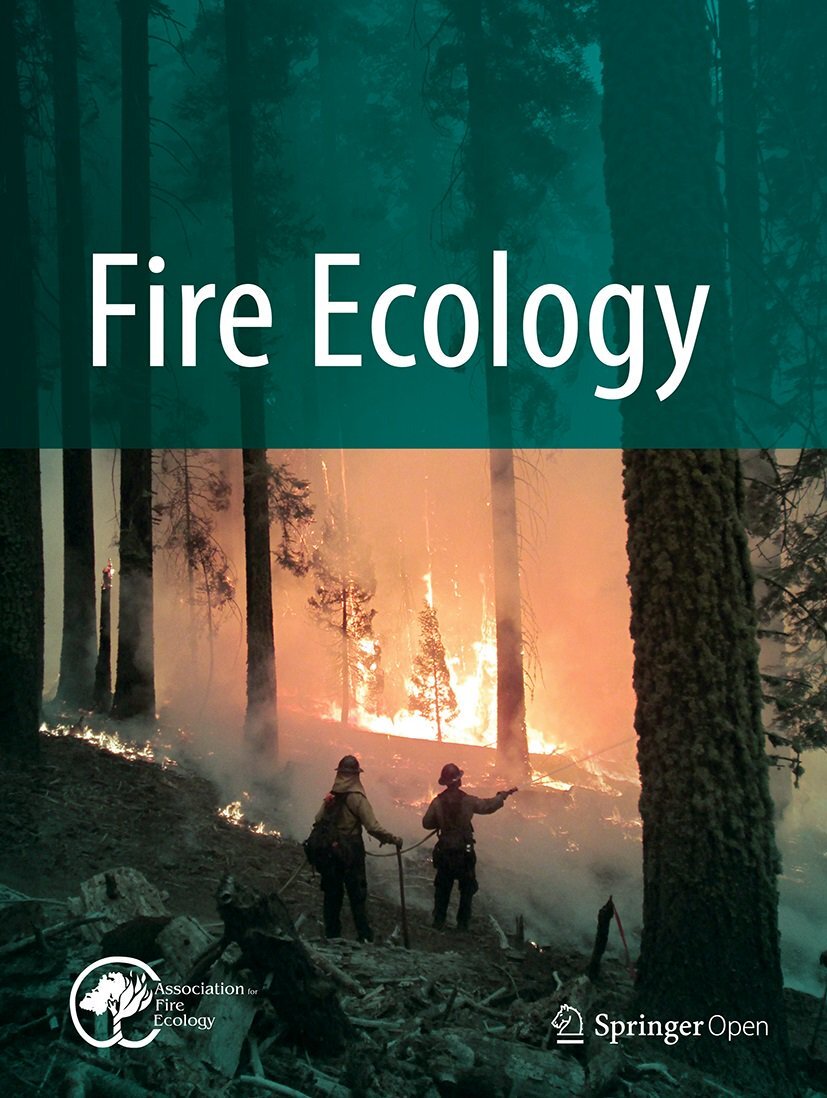解除荒野的束缚:通过恢复人类点燃的火来恢复自然条件
IF 5
3区 环境科学与生态学
Q1 ECOLOGY
引用次数: 0
摘要
历史上和当代的政策和做法,包括压制闪电引发的火灾和清除土著居民蓄意点燃的火种,导致美国许多地区一个多世纪以来一直处于禁火状态。在许多指定的荒野地区,这种有意的禁火明显改变了生态过程,因此构成了一种基本的、无处不在的破坏行为。通过一个认识到四种践踏行为的框架,我们证明了禁火对适应火的荒野生态系统的自然条件造成的巨大、长期和负面影响。为了解除一个多世纪以来的禁火,在一些荒野景观中实施积极的蓄意燃烧计划可能是必要的。我们还建议更多地认可和包容土著文化燃烧,在欧美殖民之前的数千年里,部落一直使用这种方法来塑造和维护许多与火相适应的地貌,包括今天被指定为荒野的地貌。人类点燃的火对于恢复与火相适应的荒野景观的自然特征可能至关重要,而且还能支持土著人民寻求的生态文化恢复工作。本文章由计算机程序翻译,如有差异,请以英文原文为准。
Untrammeling the wilderness: restoring natural conditions through the return of human-ignited fire
Historical and contemporary policies and practices, including the suppression of lightning-ignited fires and the removal of intentional fires ignited by Indigenous peoples, have resulted in over a century of fire exclusion across many of the USA’s landscapes. Within many designated wilderness areas, this intentional exclusion of fire has clearly altered ecological processes and thus constitutes a fundamental and ubiquitous act of trammeling. Through a framework that recognizes four orders of trammeling, we demonstrate the substantial, long-term, and negative effects of fire exclusion on the natural conditions of fire-adapted wilderness ecosystems. In order to untrammel more than a century of fire exclusion, the implementation of active programs of intentional burning may be necessary across some wilderness landscapes. We also suggest greater recognition and accommodation of Indigenous cultural burning, a practice which Tribes used to shape and maintain many fire-adapted landscapes for thousands of years before Euro-American colonization, including landscapes today designated as wilderness. Human-ignited fire may be critical to restoring the natural character of fire-adapted wilderness landscapes and can also support ecocultural restoration efforts sought by Indigenous peoples.
求助全文
通过发布文献求助,成功后即可免费获取论文全文。
去求助
来源期刊

Fire Ecology
ECOLOGY-FORESTRY
CiteScore
6.20
自引率
7.80%
发文量
24
审稿时长
20 weeks
期刊介绍:
Fire Ecology is the international scientific journal supported by the Association for Fire Ecology. Fire Ecology publishes peer-reviewed articles on all ecological and management aspects relating to wildland fire. We welcome submissions on topics that include a broad range of research on the ecological relationships of fire to its environment, including, but not limited to:
Ecology (physical and biological fire effects, fire regimes, etc.)
Social science (geography, sociology, anthropology, etc.)
Fuel
Fire science and modeling
Planning and risk management
Law and policy
Fire management
Inter- or cross-disciplinary fire-related topics
Technology transfer products.
 求助内容:
求助内容: 应助结果提醒方式:
应助结果提醒方式:


